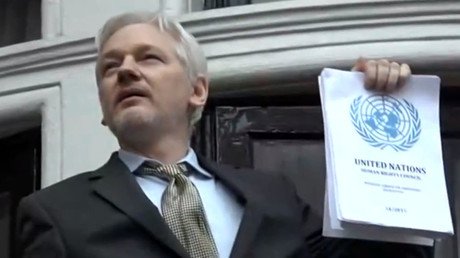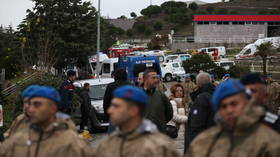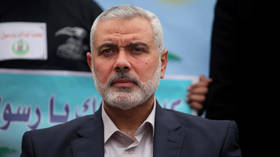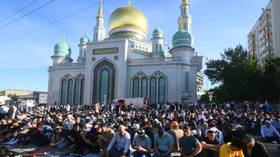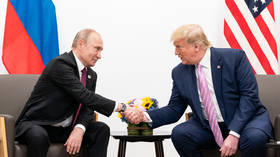My son’s treatment was ‘cruel and sadistic’ – Assange’s father to RT
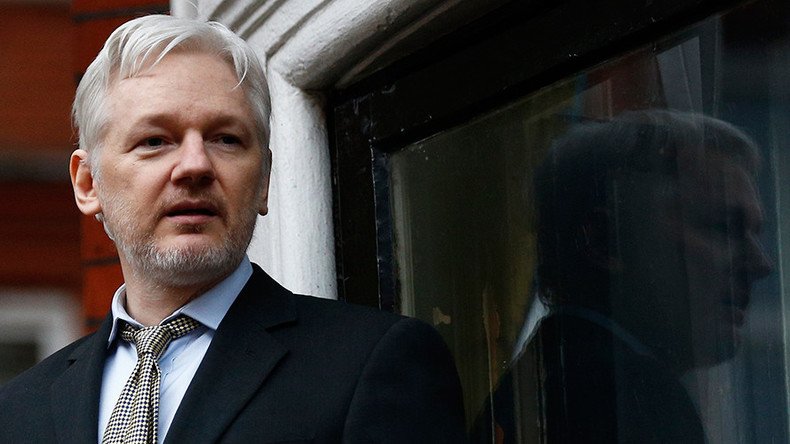
The UK and Swedish legal systems have diminished themselves by the way they handled Julian Assange’s case, the father of the WikiLeaks founder, told RT after a UN panel ruled that the whistleblower had been ‘arbitrarily detained’ in the Ecuadorian embassy in London.
John Shipton said that he didn’t have a chance to talk to Assange on Friday, but expressed belief that his son is now full of the “joyful anticipation of being able to walk down the road and have a cup of coffee.”
The father refused to discuss the possibility of the WikiLeaks founder being arrested right after leaving the Ecuadorian embassy which arose when the UK and Sweden rejected the decision of the UN panel.
He only said that the statements by the British government reveal that the country is “failing to uphold international law and its obligations.”
Permissive treatment of legislation in his son’s case and other instances threatens the position of London and the UK as international financial centers, Shipton warned.
“We can no longer expect a fair treatment from British law if you sign contracts in London and UK,” he explained, calling the issue as “a profound, ongoing problem” for Britain.
Inconvenient Wikileaks secretsWhy Washington mad at Assange
Posted by RT Play on Friday, 5 February 2016
Shipton said that Assange should “insist that the conventions of asylum to be obeyed and international law ascertain to grade and organize relations between sovereign nations.”
“This is important for all of us, in particularly, Julian,” he stressed.
According to the father, the treatment of his son was “cruel and sadistic” as he already spent “a total of five-and-a-half years” in detention, which included house arrests and three-years in the Ecuadorian embassy in London.
Ecuador granted Assange asylum in 2012 in order to avoid extradition to Sweden where the whistleblower faces sexual assault allegations.
“It’s quite weary on him being without sun; always under threat of the UK police breaking into the embassy and arresting him. It’s very stressful and disturbing. Particularly, when the rest of the world knows that you’re innocent,” Shipton said.
The treatment of his son “diminished the stature of Swedish law” as the country’s prosecutor “simply ignored every appeal to reason and law,” he said.
“It also pointed out the flaws in the [Swedish] legal system as much as the prosecutor can throw you into a dungeon without appeal and without contact,” the father stressed.
He also said that “the European arrest warrant, under which Julian was arrested, has been changed” as his son was initially wanted only for questioning.
READ MORE: UN panel rules Julian Assange arbitrarily detained, entitled to liberty & compensation
A UN Working Group on Arbitrary Detention (WGAD) has examined Assange’s complaint from September 2014 and ruled on Friday that he has been "arbitrarily detained" by UK and Sweden in the Ecuadorian embassy in London.
The group concluded that the WikiLeaks founder “is entitled to his freedom of movement and to compensation.”
